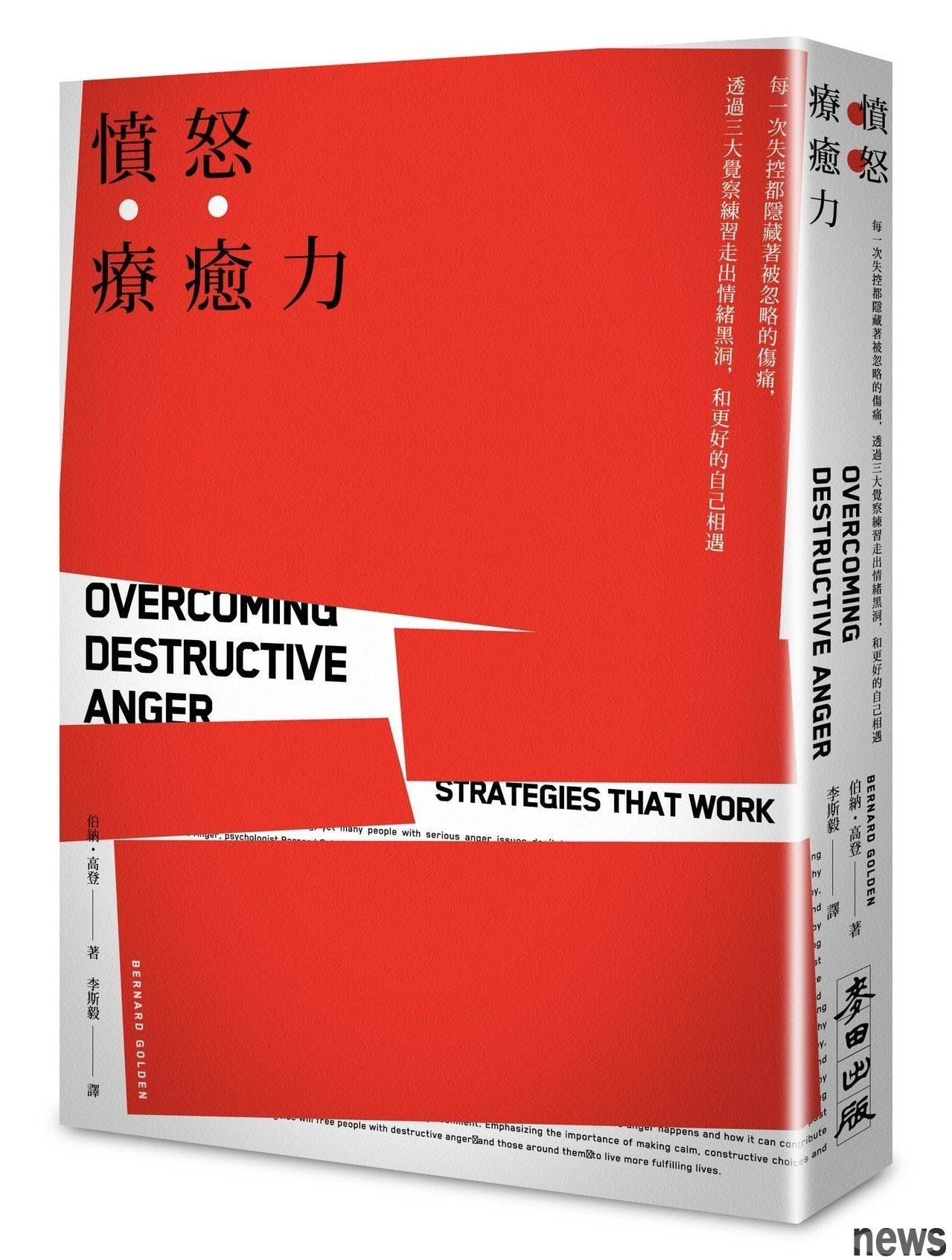How can mindfulness and mindfulness meditation help you? Anger is a strong and challenging emotion that will slam your attention, which makes sense for your primal brain because when you feel threatened, you will automatically re-lock your attention...
Anger is a strong and challenging emotion that will slam your attention, which makes sense for your primal brain because when you feel threatened, you will automatically re-lock your attention to feeling safe. However, doing so will prevent your rational brain from understanding anger, so it cannot respond to anger in a constructive way.
In order to practice beneficial anger, you must know when your attention begins to "narrow", which will happen before anger destroys your sanity. Mindfulness and mindfulness meditation can help you discover this.
Over the past two thousand years, Eastern religions have long included the concepts of mindfulness and mindfulness meditation in religion. In the past few decades, Western students who specialize in mental health have also begun to study the effects of these practices on the physical and mental state of humans. As a result, they have found that mindfulness and mindfulness meditation can effectively cure anxiety, depression, chronic pain and various contributive problems, and improve the quality of life.
When learning beneficial anger, mindfulness practice can help you achieve the following goals more easily:
●After an incident that occurs, observe and experience your thoughts, feelings and perceptions.●Consider your thoughts, feelings and perceptions as products of the mind and understand that they cannot represent you or the situation you are in.
●Discover what needs and desires reflect the things you value most in life.
●Know what are the feelings, thoughts and physical perceptions that make you angry.
●When you are angry, you can determine when it is a good time to control your anger and increase your anger as soon as possible.
●Discover which ones are unrealistic expectations. Unreal expectations will help unnecessary pain and anger.
●Reduce the speed of the incident reaction and reduce the intensity of the incident reaction.
MentalityMentality can help you expand your curiosity, observe your thoughts, feelings, and physical knowledge, and pay attention to what is happening around you. To cultivate mindful thinking, one must first be self-compassionate, not self-criticism, be kind to oneself, and observe one's human nature. Mindfulness Master Jo. Jon Kabat-Zinn defines mindfulness as “no time, no time, concentration, no critical awareness, as much as possible, as possible, not out of reflexes or critical actions.”
Please think about it: What do you feel in your heart at this moment? What sound do you hear? Is it the voice of a person? Or the sound of a TV or radio? Is there any sound of birds? Is there a siren sound when the rescue car runs on horseback? What does it smell? Is the air around you dry or tiddy? Is the air static or fluid? Please observe your surroundings and pay attention to the various details you have seen. Can you tell the colors, textures and forms of these things? By answering these questions, you will connect with your own perception of the environment.
Now, please turn your attention to how your body feels the floor, chair or sofa. Do you feel comfortable or tight? Is your stomach constantly circulating? Do you feel other feelings about your body?
Redirect your attention to your thoughts. Are you thinking about what to eat after reading this chapter? Do you feel the thoughts or feelings mentioned in Chapter 2 that are related to the exam? For example, if you have to change the way you deal with anger, will you feel frustrated and angry? During the process of feeling, don’t be too addicted to your own thoughts.
Finally, observe your feelings. Do you feel anxious? Is it calm? Are you angry?
Mindfulness can help you develop beneficial anger, but it gives you perception of inner perception rather than analysis, just as you see brightly colored blue days, smell fragrant and delicious coffee, or hear the sound of morning bells.
Psychiatrician Dannyer. Daniel Siegel believes that we have a sixth sense to see our inner feelings, and a seventh sense to see our thoughts, feelings, memories, hopes and dreams. Mindfulness can help us keep our attention fixed at this moment, not the past or the future.
 Mindfulness can help you understand that both anger and anger are negligible short-term processes. Mindfulness can help you feel anger and the emotions that come with you, but you don’t have to be affected by it. The key is to maintain a complete perception, even if it is an unpleasant or uncomfortable feeling.
Mindfulness can help you understand that both anger and anger are negligible short-term processes. Mindfulness can help you feel anger and the emotions that come with you, but you don’t have to be affected by it. The key is to maintain a complete perception, even if it is an unpleasant or uncomfortable feeling.
"This is exactly what I think in my heart" or "This is exactly how I feel at the moment". If you can tell yourself this way, it means you have the ability to observe your perception and control everything. This perceptual ability can help you think about various ways to respond to anger without overreaction.
Although mindfulness cannot completely remove the uncomfortable feelings you make, it can help you coexist with those feelings and keep you from being affected. Through the content discussed in this book, you can understand through mindfulness: if you grasp unrealistic expectations, it will only enhance the anger. For example, mindfulness can help you see clearly: "Others should do what I think" is just your personal thoughts. You can choose to understand the truth of the matter, or you can choose to continue to believe in your own thoughts.